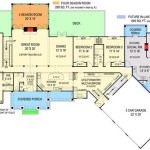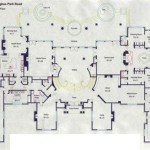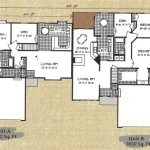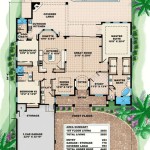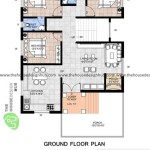A Comprehensive Guide to Budget Planning for House Construction
Building a house is a significant financial undertaking that requires meticulous planning. Developing a comprehensive budget plan is crucial to ensure the project's financial feasibility and avoid unexpected costs. Here are the essential aspects to consider when creating a budget plan for building a house:
1. Land Acquisition
The cost of land is often the largest expense when building a house. Factors influencing land prices include location, size, and availability. Thorough research and due diligence are essential to determine a realistic budget for land acquisition.
2. Building Permit and Fees
Obtaining building permits and paying the associated fees are necessary before construction can begin. These costs vary depending on the size and complexity of the project and the local building codes.
3. Construction Costs
Construction costs constitute the largest portion of the budget. They include materials, labor, equipment rental, and subcontractors. The type and size of the house, as well as the choice of materials and finishes, significantly impact construction costs.
4. Architectural and Engineering Fees
Hiring architects and engineers ensures that the house is designed and built to specifications. Their fees are typically based on a percentage of the construction cost or an hourly rate.
5. Utility Connections
Connecting the house to utilities such as electricity, water, gas, and sewage is another major expense. These costs vary depending on the distance from existing lines and the required infrastructure.
6. Landscaping and Site Work
Landscaping and site work, including grading, drainage, and planting, enhance the home's aesthetic appeal and functionality. These costs can vary depending on the size of the property and the complexity of the landscaping design.
7. Furniture and Appliances
Furnishing and equipping the house with appliances, furniture, and fixtures is a major expense that often exceeds the initial budget. Careful planning and budgeting are crucial to avoid overspending.
8. Financing
Securing financing is essential to cover the project's expenses. Determine the loan amount, interest rate, and repayment terms to ensure affordability. Consider mortgage options and government assistance programs that may be available.
9. Contingency Fund
It is prudent to allocate a portion of the budget for unexpected costs and emergencies. Overruns can occur due to unforeseen circumstances, material price fluctuations, or inclement weather.
10. Professional Guidance
Consulting with architects, engineers, contractors, and financial advisors can provide valuable guidance throughout the budgeting process. Their insights can help optimize costs and ensure a successful project.
By considering these essential aspects and creating a detailed budget plan, homeowners can mitigate financial risks, avoid overspending, and ensure their dream home becomes a reality without compromising quality or their financial well-being.

Construction Budget Worksheet How To Organize Your Finances When You Build A House The Vanderveen

Construction Budget Worksheet How To Organize Your Finances When You Build A House Home Cost Own Budgeting Worksheets

19 Free House Building Budget Templates Ms Office Documents Remodel Worksheet Home Construction Cost

Construction Budget Template Spreadsheet Com Templates

Construction Budget 15 Examples Format

Residential Construction Schedule Template Excel Budget Free

Excel Home Construction Budget Worksheet Improvement Loans Cost

First Time Builder How To Prepare A Simple Budget Plan

Easy Home Renovation Budget Template Monday Com Blog

Building Modern On A Budget Ep 1 And Design Q Pneumatic Addict


